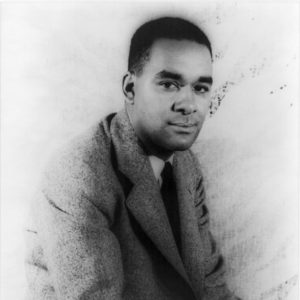 Richard N. Wright
Richard N. Wright
Race and Ethnicity: African American
 Richard N. Wright
Richard N. Wright
Wright, Richard Nathaniel
Wynne Lynching of 1892
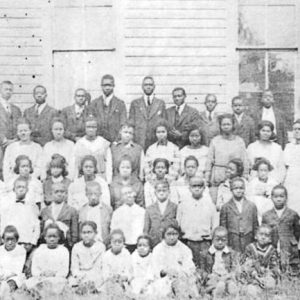 Wynne Institute
Wynne Institute
Wynne Normal and Industrial Institute
Young, Charles (Lynching of)
Young, Joseph (Execution of)
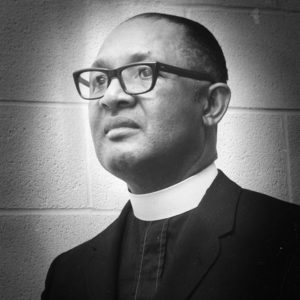 Rufus K. Young
Rufus K. Young
Young, Rufus King
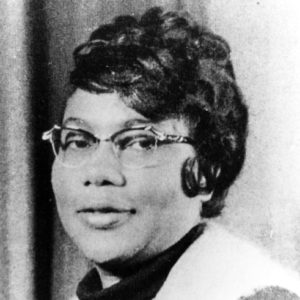 Annie Zachary
Annie Zachary
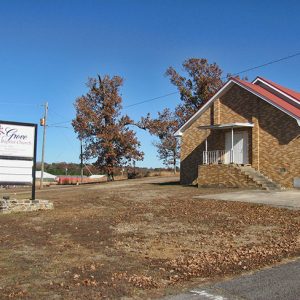 Zion Grove Church
Zion Grove Church




